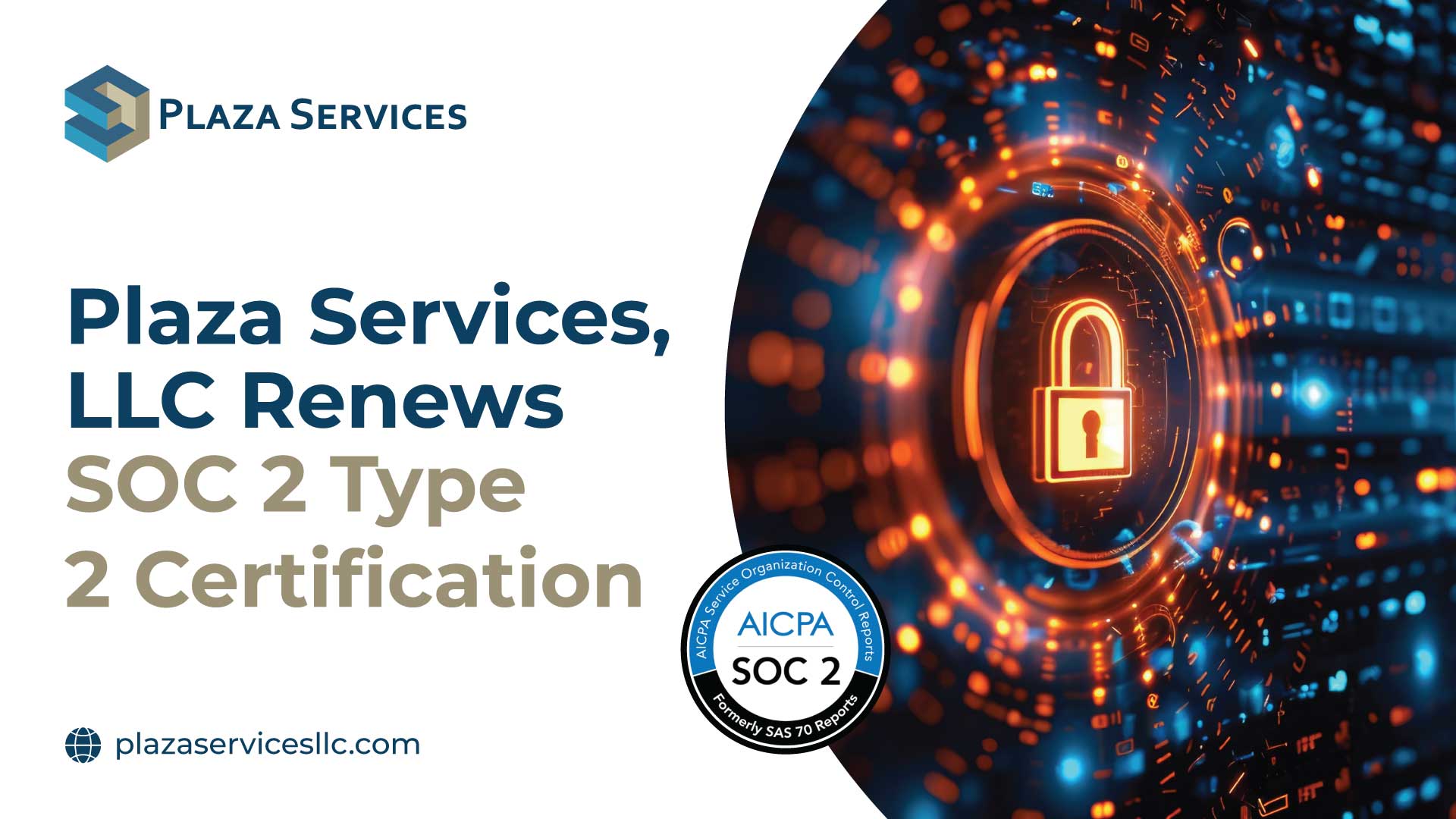
How COVID-19 Has Affected the Availability of Credit
If you apply for a loan during COVID-19 or try to increase your credit limit, you may notice higher requirements. The economic decline caused by COVID-19 triggered a tightening of lending standards that is responsible for a drop in the number of Americans who are qualifying for credit cards, loans, and other lines of credit. Since the pandemic began, borrowing standards have become more stringent and issuers are cutting credit limits and decreasing the availability of credit.
Increasingly Risky Borrowers Lead to Decreasing Availability
TransUnion reports that as of May 31, 2020, over 106 million accounts were in either a forbearance, deferred payment, or natural disaster program, three times higher than the 35 million accounts that were reported to be in these programs on April 30. As consumers are forced to turn to existing lines of credit to pay for necessities, increased credit balances skew credit utilization scores. For this reason, high-balance carrying borrowers pose greater risk for lenders in times of financial crisis or economic uncertainty.
This increased risk prompted credit card companies and other creditors to implement new lending policies and tougher approval standards to protect against borrower default. Facing the potential of billions of dollars in losses, tightening requirements limits the availability of credit to only the most creditworthy cardholders and decreases limits or severs credit lines for borrowers with subprime credit. Banks and other lenders are attempting to mitigate risks by reducing credit lines, increasing minimum credit score requirements, closing dormant accounts, and cutting lending.
Spiraling Effects of Unemployment
The economic fallout from COVID-19 created a tremendous surge in U.S. unemployment. With millions of people out of work, reduced or absent income has negatively impacted the ability of many consumers to pay their bills on time or in full. Forbearance programs may provide temporary relief to households but does not decrease balances. This has led many to deplete savings and rely more heavily on credit cards, online lenders, and payday loans. The 2020 CARES Act provided an additional $600 weekly unemployment benefit which was a financial lifeline for many Americans. This relief, which expired on July 31, 2020, provided some people with more income per week through unemployment than when actively employed. But when that benefit expired and was replaced by executive order with a reduced unemployment benefit, many consumers found themselves back in a precarious financial situation and, once again, relying on credit cards and other existing credit.
Filing for and collecting unemployment is not reflected in credit reports nor does it become a part of a consumer’s credit history; however, unemployment can increase the chances of missed payments and drive a higher credit utilization ratio. A June 2020 Pew Research Center report on unemployment found that as of May 2020, the U.S. unemployment rate rose to 13.0% which was a significant jump compared to 3.8% just 3 months earlier in February. With approximately 30 million people claiming unemployment benefits in May, the reeling economy is continuing to create uncertainty in consumer finances and prompt more restrictive lending by creditors.
Determining Credit Worthiness
According to a recent report by comparecards.com, newly opened credit cards were down 65% between April 15 and May 15 when compared with the same time span last year. For those who were approved, credit limits decreased from an average of $3089 in 2019 to only $2013 in 2020. When applying for new lines of credit, consumers may not realize that even with good credit, if credit utilization exceeds 30%, credit scores are negatively affected.
A decline in credit score determination factors such as payment history, credit utilization, length of credit history, new credit, and credit mix can prevent them from qualifying for new credit. As unemployed persons are exhausting lines of credit to sustain themselves, many find that they aren’t meeting the strict new minimum eligibility requirements for most lenders when a new line of credit is needed.
Introducing the Resilience Score
To support lenders with the identification of more creditworthy borrowers, FICO launched the FICO®Resilience Index in July 2020 to provide an accurate picture of a consumer’s credit risk during a recession or economic downturn. This additional score is not intended to replace traditional credit scoring, rather, it is designed to help lenders identify consumer sensitivity to economic decline. Coupled with the traditional FICO® score (a measure of consumer credit risk), creditors can make better-informed credit decisions by more accurately assessing the risk and resiliency of consumers in changing economic conditions.
How Will Covid-19 Impact My Credit or Loans?
What does all of this mean for the average consumer? In short, it’s much more difficult to get approved for a credit card, loan, or line of credit since the outbreak of the pandemic. It’s important to keep credit scores as strong as possible by maintaining timely payments, monitoring the utilization of credit, and being purposeful in the management of finances so that when an economic downturn or an unexpected life event occurs, you aren’t left exposed and unprepared.
For helpful financial tools and resources that can help you better understand consumer loan products, credit, managing finances, credit reporting, and more, please visit Plaza Services’ Consumer Resources.
About Adam Parks
Adam Parks is an entrepreneur with more than 15 years’ experience in the receivables management industry. His diverse background includes portfolio purchasing and brokering as well as the development of systems and technology to manage the servicing of accounts. Adam has held various marketing and operations positions within the ARM industry brokerages, which give him a broad set of experiences and relationships. Adam Parks is the CMO of debt buyer Plaza Services, a founding partner of digital marketing firm Branding Arc, and a founding partner of ComplyARM, a leading compliance consulting firm that was sold to Provana in 2019 where he currently serves as an Executive Advisor. He also currently serves as President-Elect on the Receivables Management Association International (RMAI) Board of Directors and is on the Board of Directors for the veteran’s charity Naked Warrior Project.
About Plaza Services
Plaza Services, LLC is a nationally licensed, professional receivables management firm located in Atlanta, GA. We are a Certified Receivables Business (CRB) by Receivables Management Association International and specialize in the acquisition and servicing of consumer and commercial portfolios. We deliver quick portfolio evaluations, seamless transaction execution, and clear accountability after the sale. As SOC 2 certified receivables management firm, Plaza Services is committed to the security, confidentiality, and safety of our consumers’ information.









